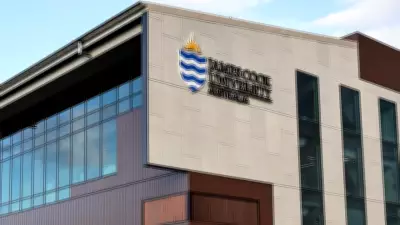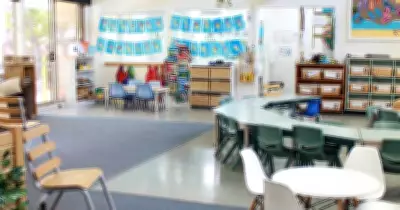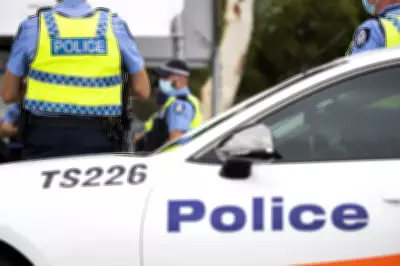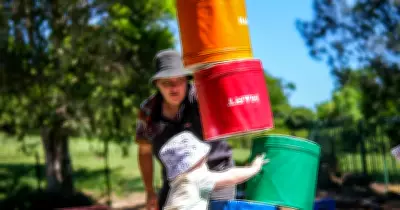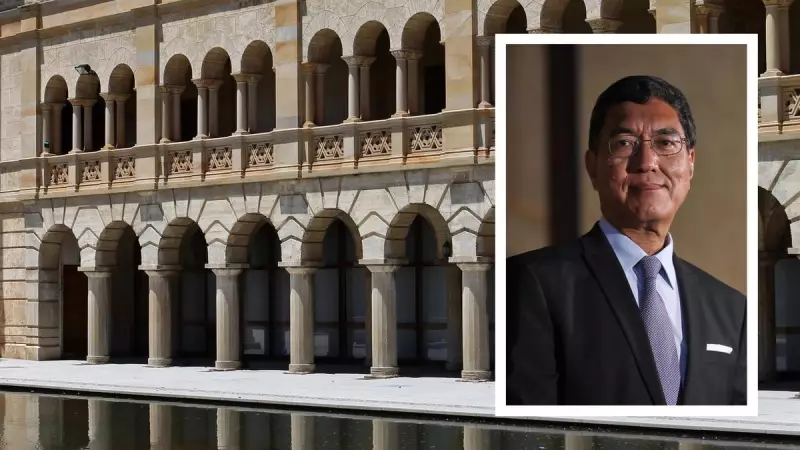
The University of Western Australia is confronting a significant challenge as student numbers decline, with many prospective students viewing the prestigious institution as too elitist and inaccessible. This perception problem has contributed to UWA losing market share to other universities in Western Australia.
Shifting Student Preferences
Recent data reveals that UWA's share of commencing domestic undergraduates dropped from 36% to 31% between 2021 and 2023. This decline represents a substantial shift in the Western Australian higher education landscape. Meanwhile, competitor institutions like Curtin University and Edith Cowan University have been gaining ground, with Curtin increasing its share from 31% to 34% during the same period.
The university's own internal research confirms that many school leaders and career counsellors perceive UWA as elitist. This damaging reputation appears to be discouraging potential applicants who might otherwise consider the institution. The perception extends beyond just academic standards to include concerns about social inclusivity and campus culture.
Internal Recognition and Response
UWA Vice-Chancellor Amit Chakma has openly acknowledged the problem. Professor Chakma stated that the university needs to address these perceptions directly and work on changing how it's viewed by prospective students and the broader community. The university leadership recognizes that maintaining quality and excellence doesn't require projecting an image of exclusivity that deters capable students from applying.
The challenge comes at a time when Australian universities nationwide are grappling with changing student preferences and increased competition. The post-pandemic educational landscape has shifted dramatically, with students placing greater importance on factors beyond traditional academic reputation, including campus culture, support services, and graduate outcomes.
Broader Implications for Western Australian Education
This trend has significant implications for Western Australia's higher education sector. As UWA works to address its image problem, other institutions continue to attract students with different value propositions. Edith Cowan University saw its share increase from 20% to 22%, demonstrating the competitive nature of the current market.
The situation at UWA reflects broader conversations happening across Australian higher education about accessibility, inclusivity, and how traditional institutions adapt to changing student expectations. University reputation is no longer solely built on research output and academic prestige but increasingly on student experience, support systems, and graduate employability.
As UWA develops strategies to counter these perceptions, the university faces the delicate balance of maintaining its academic standards while becoming more accessible and appealing to a diverse range of students. The institution's response to this challenge will likely shape its position in the Western Australian education landscape for years to come.

